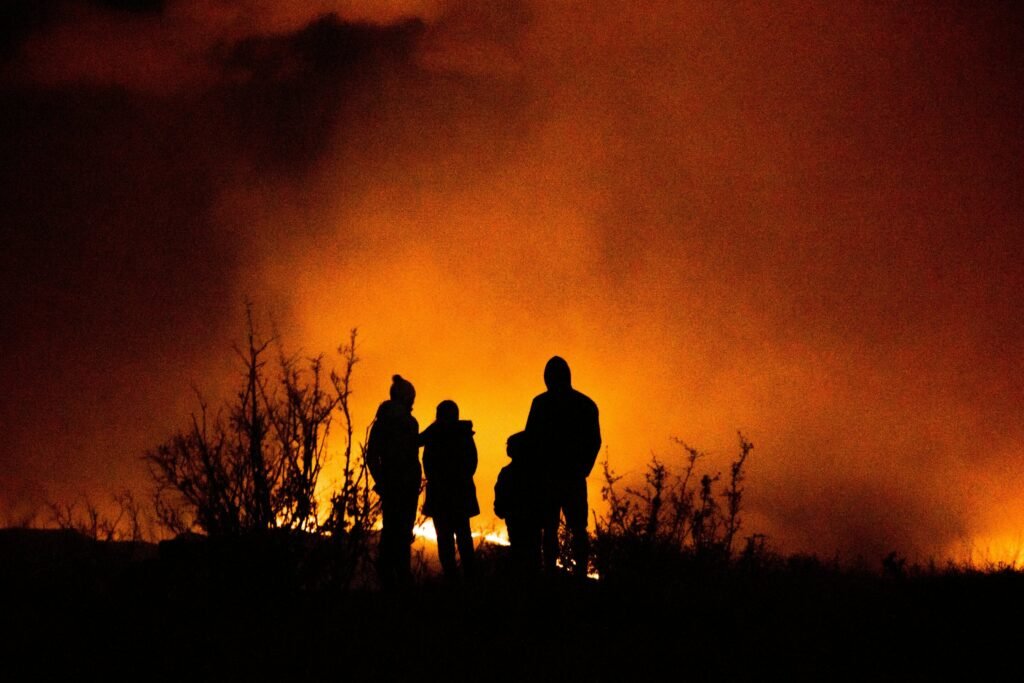Wildfires are becoming an increasingly common occurrence around the world, posing a serious threat not only to the environment but also to public health. A recent study published in the Journal of the American College of Cardiology (JACC) sheds light on the long-term effects of wildfire smoke exposure on heart health, particularly in older adults, women, and vulnerable populations.
The study, titled “Long-term Wildfire Smoke Exposure and Increased Risk of Heart Failure in Older Adults,” is the first of its kind to investigate the relationship between prolonged exposure to wildfire smoke and the risk of developing heart failure. The researchers found that as levels of air pollution from wildfire smoke increased over a two-year period, so did the risk of heart failure.
Wildfire smoke contains fine particulate matter known as PM2.5, which can penetrate deep into the lungs and even enter the bloodstream, leading to a range of health issues. The study revealed that even a slight increase in average smoke pollution over time can have a significant impact on heart health, especially for vulnerable populations.
The researchers examined data from all Medicare beneficiaries enrolled in the Fee-For-Service program from 2007 to 2018 and found that for every 1 microgram per cubic meter increase in PM2.5 from wildfire smoke, the risk of heart failure increased by 1.4%. This increase in risk was even higher in women, Medicaid-eligible individuals, and those living in lower-income areas.
Comparing the effects of wildfire smoke to other sources of air pollution, the study showed that wildfire smoke posed a greater relative toxicity per unit of measure. With climate change driving more frequent and intense wildfires, the researchers estimate that over 20,000 additional cases of heart failure could be linked to wildfire smoke exposure each year in the U.S. among older adults.
The study highlights the urgent need for environmental policies and healthcare preparedness to protect communities from the growing threat of wildfire smoke. As wildfires become more frequent and intense, even small, long-term exposures can significantly increase the risk of heart failure, especially for those most vulnerable.
While the study provides valuable insights into the impact of wildfire smoke on heart health, there are limitations to be considered, such as potential measurement errors and outcome misclassifications. Nevertheless, the findings underscore the importance of addressing the health risks associated with wildfire smoke exposure and taking proactive measures to mitigate its impact.
In conclusion, the study emphasizes the need for collective action to combat the growing threat of wildfires and their detrimental effects on public health. By raising awareness, implementing effective policies, and prioritizing the health of vulnerable populations, we can work towards a safer and healthier future for all.


